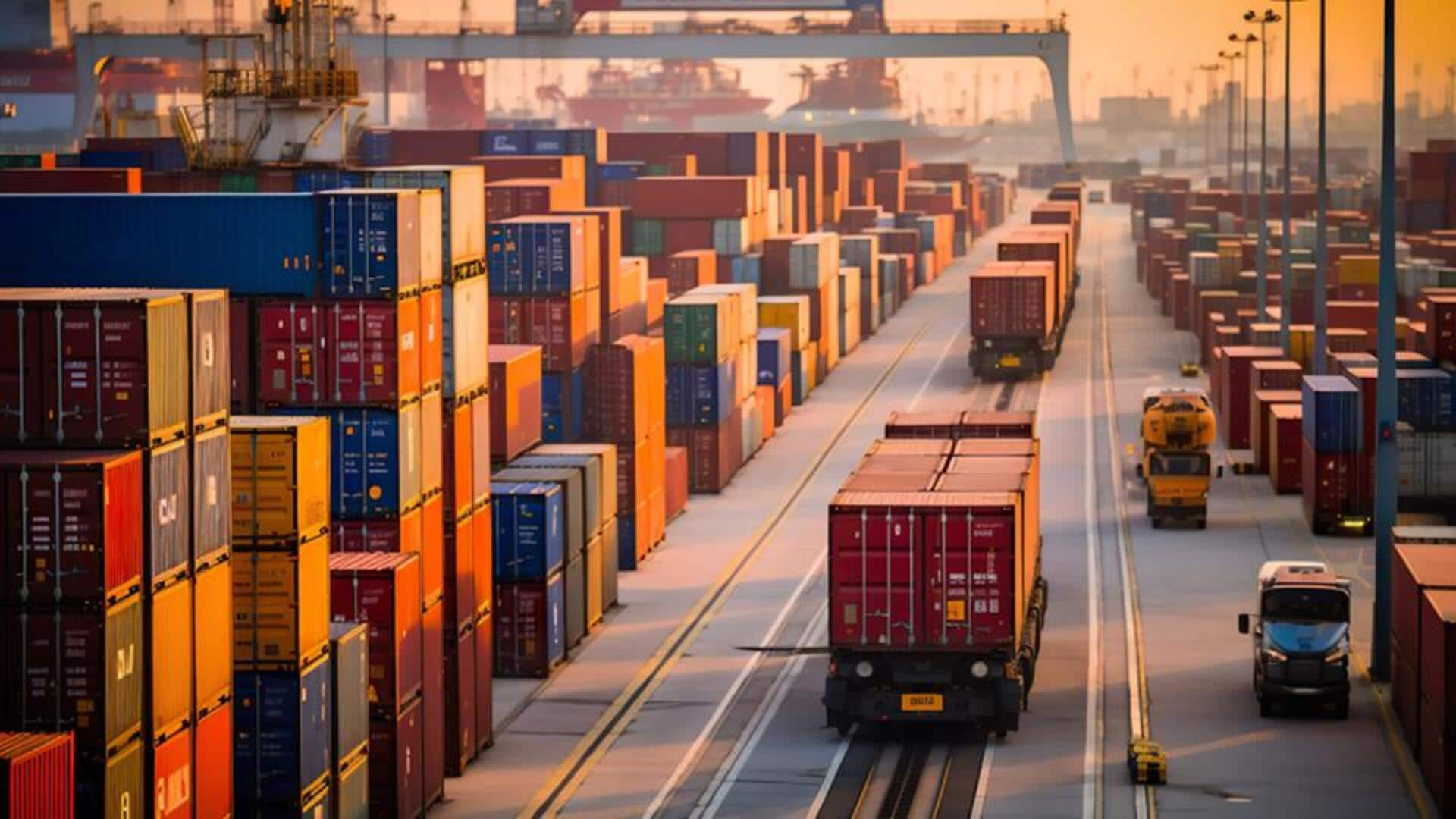
How Delhi government's new logistics policy will affect you
What's the story
The Delhi government is all set to unveil its Logistics and Warehousing Policy 2025. The initiative aims to revamp the capital's freight network, reduce congestion, and combat pollution. The plan focuses on creating logistics hubs, green corridors, and tech-driven solutions. It also includes relocating warehouses, consolidating freight at Urban Consolidation and Logistics Distribution Centers (UCLDCs), and encouraging electric vehicles for last-mile deliveries.
Freight statistics
Delhi sees freight movement on a massive scale daily
Delhi handles 10 lakh tons of freight every day via 1.93 lakh vehicles, nearly a fifth of which are just passing through. Trucks carrying construction material, textiles, fruits and vegetables, and food products account for most of the freight movement. The lack of organized warehousing zones pushes these vehicles into the city's core, blocking arterial roads and deteriorating air quality.
Strategic measures
Measures will help reduce emissions
The draft policy seeks to address these issues by relocating the warehouses to the city's outskirts and consolidating freight at modern UCLDCs. Industries Minister Manjinder Singh Sirsa said such measures will cut vehicular emissions and lower congestion at hotspots such as Azadpur, Ghazipur, Naraina, and Karol Bagh. He also noted that last-mile deliveries shall increasingly be shifted to electric and CNG vehicles under this new policy.
Action plan
Policy mentions 16 important action points
The policy features 16 key action points. They include 24/7 operations at logistics parks, a digital delivery management system, as well as designated commercial parking areas with loading bays, developed under the public-private partnership (PPP) model. UCLDCs shall consolidate cargo to reduce trips, while clean fuel vehicles will ensure sustainable last-mile delivery.
Support measures
Tackling truck parking shortages
The policy also tackles chronic issues like truck parking shortages and outdated freight handling, paving the way for an improved, eco-friendly supply chain. To support industry players, it proposes subsidies and incentives like land lease discounts for traders relocating warehouses out of congested zones. It also gives financial aid for upgrading the cold chains/storage facilities and green energy incentives like solar-powered warehouses.